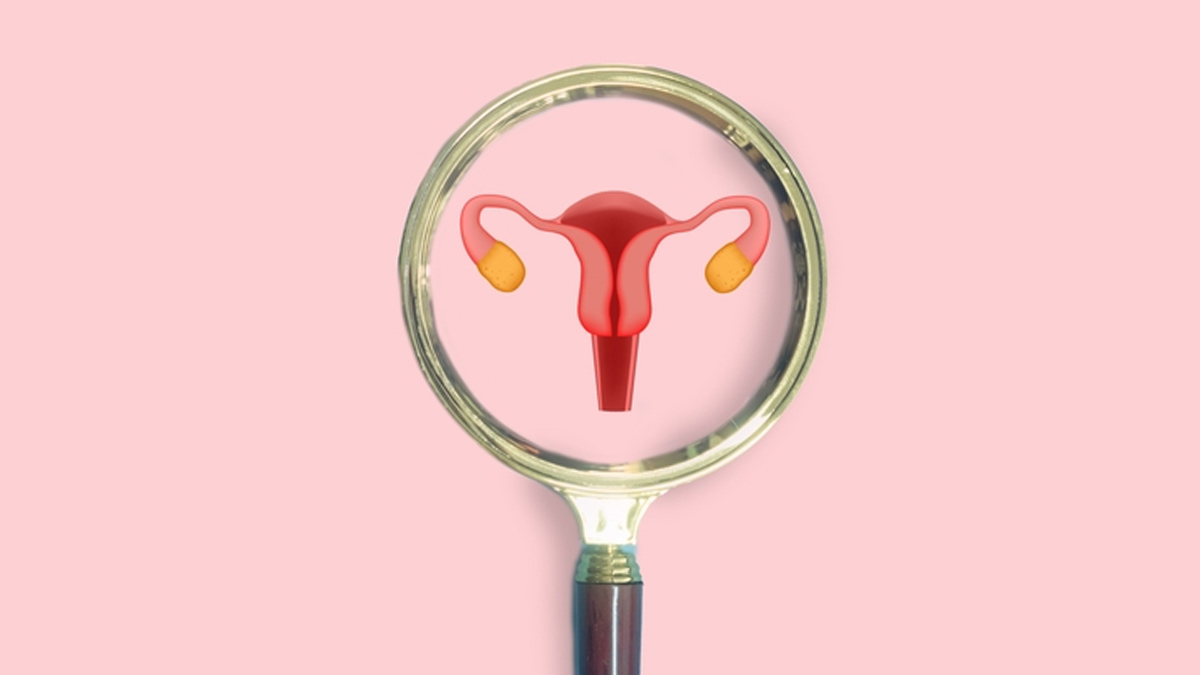
Infertility is undeniably on the rise, fueled by various environmental, dietary, and medical factors, such as pollution, age at marriage, delayed childbirth, and conditions like tuberculosis, endometriosis, and diabetes. Despite the multitude of causes, infertility persists and grows. Treatment options are diverse, ranging from lifestyle modifications and timed intercourse to ovulation induction and advanced procedures, such as Intrauterine Insemination (IUI) and In Vitro fertilisation (IVF). However, a growing sentiment among patients and fertility clinics questions the efficacy of IUI compared to the higher success rates and quicker results offered by IVF.
Table of Content:-
To address this concern, we spoke to our expert Dr Rajeev Agarwal, the IVF Specialist and Medical Director, Renew Healthcare, Kolkata, who explained the fundamentals of IUI and its role in conception.
What is IUI?

“IUI, or Intrauterine Insemination, involves the insertion of processed semen samples into the uterus. Before the procedure, the woman undergoes a regimen of tablets and injections to stimulate egg production. Serial ultrasound scans monitor the growth and maturation of the follicle containing the egg”, said Dr Agarwal.
Once the follicle reaches optimal maturity, a specific injection is administered to induce follicle rupture and egg release. Simultaneously, the husband's semen sample is collected and processed to eliminate poor-quality sperm and enhance the viability of healthy sperm. Using a delicate catheter, the prepared semen sample is then carefully deposited into the uterus.
“Now, this creates an ideal situation with high-quality eggs and sperm, timed perfectly within the woman's reproductive cycle. This process is typically repeated over 2-3 months or cycles to minimise the element of chance. With all factors aligned, IUI is expected to yield a favourable pregnancy rate”, added Dr Agarwal.
Also Read: Intrauterine Insemination: Expert Explains The Advancements And Benefits of IUI
Key Prerequisites for Successful IUI Procedures

Here are some key factors to consider before undergoing the IUI process, as listed by Dr Agarwal:
Woman's Age
- Ideally below 38 years old, preferably under 35 for higher success rates
- Success rates decrease after 38 years of age; consideration for IVF may be warranted
Semen Sample
- The husband should provide a decent semen sample
- The optimal post-processing count is 8 to 10 million (100% motile)
Fallopian Tube
- Essential for natural egg-sperm interaction
- Must be open to facilitate the IUI process
Hormonal Parameters
- Normal levels of thyroid, prolactin, haemoglobin, and sugars are necessary
Overall Consideration
- Prerequisites must be met to ensure the success and safety of the IUI procedure
According to a 2020 study, while individuals pursue infertility treatments for various reasons, around 37% of infertility cases stem solely from female factors, with 30–40% attributed to a combination of male and female factors. Consequently, the success of pregnancy outcomes post-IUI is influenced, in part, by maternal factors, such as age, Body Mass Index (BMI), race/ethnicity, and the diagnosis of infertility.
IUI Success Rates and Indications
Success Rates
- In a typical menstrual cycle with timely intercourse, IUI success rates range from 6-8%.
- Depending on factors, such as the patient's age, overall health, and the quality of eggs and sperm, success rates can increase to 15-25%.
Indications for IUI
- Commonly performed in cases of unexplained infertility or in young couples with normal parameters but difficulty conceiving.
- Effective for women with polycystic ovaries or irregular ovulation.
- Suitable for couples with male factor infertility, where semen quality is suboptimal for natural conception but not severe enough to necessitate IVF.
- Beneficial when intercourse is challenging or infrequent, such as in cases of ejaculation difficulty or when the partner is absent during fertile periods.
- Can be successful in cases where donor sperm is required due to severe male infertility.
Also Read: Study Says High Chances Of A Natural Pregnancy After IVF: Expert Explains If It Is Possible
Why Does IUI Remain Relevant Despite the Success of IVF?

IUI offers numerous advantages, primarily its simplicity. It is a quick procedure, allowing patients to resume their daily activities within minutes. Moreover, it is a cost-effective option, particularly important in economically challenged countries like India.
Dr Agarwal added, “While some may argue against IUI due to perceived lower success rates, it's akin to owning a gun without proper training; success hinges on proper procedure and preparation. IUI, I feel, is a classic example of that because one needs to have proper stimulation, get all the prerequisites right, and correctly do an IUI for one to achieve the results. Ultimately, if a treatment like IUI can achieve pregnancy effectively, why opt for the more complex, costly alternative of IVF?”
Message From The Expert
Dr Agarwal highlighted, “In the Indian context, I believe that IUI retains significance and plays a crucial role in helping couples realise their dream of parenthood, provided it is administered correctly. With the introduction of standardised guidelines two years ago, I am hopeful that a baseline standard will be upheld.”
He added, “Therefore, I strongly encourage patients to engage in open and transparent discussions with their fertility specialists and clinic embryologists. It's important to understand the clinic's success rates, their approach to fertility treatments, and whether they recommend IUI. Clinics that do not endorse or prioritise IUI may not be the best choice for such treatments.”
[Disclaimer: This article contains information provided by an expert and is for informational purposes only. Hence, we advise you to consult your expert if you have any issues regarding pregnancy to get the desired results.]
Also watch this video
How we keep this article up to date:
We work with experts and keep a close eye on the latest in health and wellness. Whenever there is a new research or helpful information, we update our articles with accurate and useful advice.
Current Version